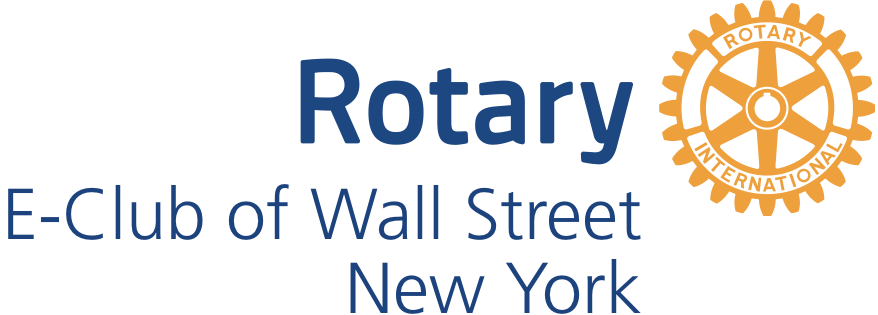Rotary and the UN (excerpt from Rotary Global History Fellowship):
The tragic impact of two World Wars within the fifty-year life-span of Rotary has directed the thoughts of many leaders toward the age- old problem of discovering some method by which international questions might be settled without resort to bloodshed. Symptomatic of this interest was the Rotary conference called in London early in 1942, which succeeded in assembling ministers of education and observers of twenty-one governments—many of whom were then in exile in London—for the purpose of considering the organization of a vast educational and cultural exchange after the conclusion of the war. Later, in that same year, the same group began laying plans for UNESCO.
Rotary International issued, under the title of “Essentials for an Enduring World Order,” two booklets setting forth articles interpreting the Dumbarton Oaks Proposals. The principal objective was to stimulate discussion by Rotarians everywhere on the newly proposed world organization. Two pamphlets entitled “Pattern for San Francisco” and “The Bretton Woods Proposals” also were sent to all clubs, with the result that the proposals were widely discussed.
At the organization conference of the United Nations held in San Francisco in 1945, the United States delegation invited Rotary International to appoint consultants. Eleven prominent Rotarians served in this capacity with resulting influence on the humane aspects of the Charter. In particular, Article 71 of the United Nations Charter attests this influence:
The Economic and Social Council may make suitable arrangements for consultation with non-governmental organizations which are concerned with matters within its competence……
Subsequently, Rotary International was granted consultative status, and through the years prominent Rotarians have served as observers at various important meetings. The right to make proposals has not been exercised, how ever, since Rotary International cannot claim to know the opinions of all Rotarians generally on particular questions. The main role, which has been exercised with great effectiveness, has been in the wide dissemination of information about the United Nations.
Even before the United Nations was firmly established, Rotary’s president, T. A. Warren, had proclaimed a week in October of 1945 as “United Nations Week” for simultaneous observance by Rotary clubs in all parts of the world, for the purpose of spreading knowledge of the United Nations. This observance was continued with growing scope and intensity from year to year. In 1953, its designation was changed to “World Fellowship Week in Rotary Service” which now includes United Nations Day—24 October—as fixed by the United Nations General Assembly.
Read more at http://www.rotaryfirst100.org/history/history/un/story.htm
